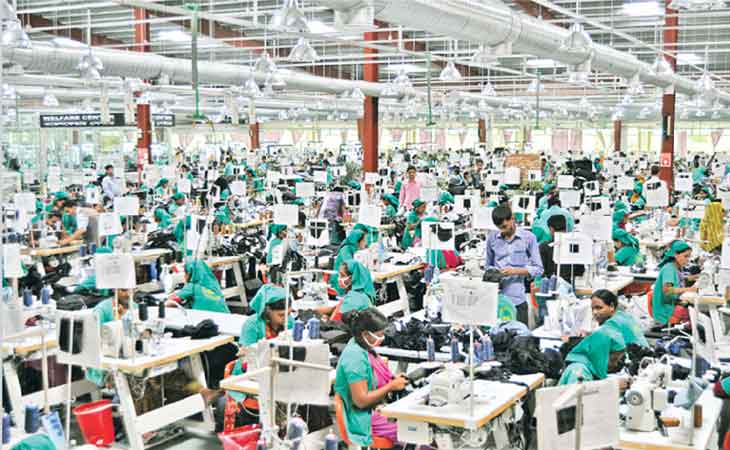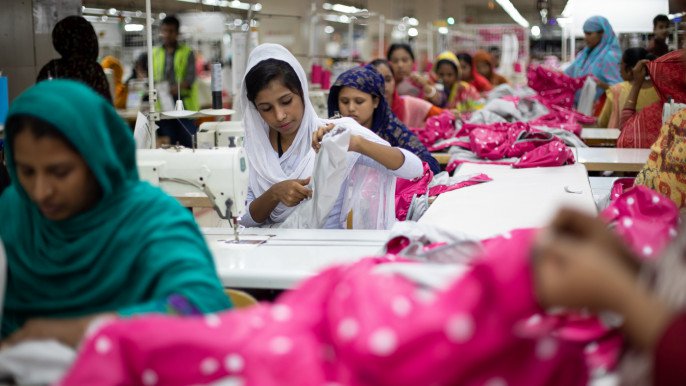Published in The Bangladesh Post on December 15, 2017

The country’s billion-dollar apparel industry is yet to attract graduates as a potential job market, apparently due to some untoward incidents that created a bad image of the sector among the people. The largest export-earning ready-made garment sector still holds no appeal for young students graduating from reputed public and private universities as a career launch pad.
“Apparel earns 82 percent foreign currency, but our society has still taken this sector lightly. So, our young graduates are not interested to enter the RMG job market,” argued Siddiqur Rahman, president of Bangladesh Garment Manufacturers and Exporters Association. “It’s unfortunate that our young talented graduates don’t see the clothing industry as a prospective job sector unlike other sectors like banking, despite RMG’s major contribution to the national economy,” the BGMEA boss told Bangladesh Post on Friday.
However, graduates’ reluctance to start the manufacturing career is attributable to some shocking incidents like labour unrest in the industry, especially in 2006, 2010 and 2013, he explained. Siddiqur said Tazreen Fashions fire and Rana Plaza collapse at Savar industrial belt have also maligned the image of the vast, potential industry to some extent.
The largest export-earning industry often goes through labour unrest as well as industrial accidents like fire, thus creating an image crisis both at home and abroad. The domestic RMG industry with only 6.63 percent global market share has vast potential to grow further, said the president of the apex body of garment makers.
The industry could offer better job benefits to graduates compared to other sectors, he noted. “For the industry to fulfil its true potential, we need to upgrade the skills of our workforce.” “If Bangladesh can woo more investments in the sector and a strong positive reform continues, the industry would reach its expected growth,” said BGMEA Vice-president SM Mannan Kochi.
At the same time, building proper infrastructure throughout the country and a special attention should be given for the livelihoods of the workers and staffs in and around RMG factories, he added.
Meanwhile, Orion Group chairman Mohammad Obaidul Karim said, “We need to identify the reasons why young graduates are reluctant to enter RMG sector, although it offers lucrative posts and salaries… Even the number of female workers is decreasing in the sector.”
“Once we believed the garment industry will have 80 percent women of the total workforce,” he mentioned. The industrialist hoped the RMG sector would be growing bigger with the use of most modern and high-end technology.
 CPD RMG Study Stitching a better future for Bangladesh
CPD RMG Study Stitching a better future for Bangladesh



